Introduction: Celebrating Yakiniku Culture
Yazawa Yakiniku Restaurant in Hanoi, Vietnam, is renowned for its dedication to the art of Japanese-style BBQ, known as yakiniku. With a focus on premium ingredients and meticulous grilling techniques, the restaurant elevates the dining experience through its commitment to quality. When envisioning their new establishment in Hanoi, the architects at Takashi Niwa Architects sought to create a space that seamlessly blends culinary excellence with architectural innovation.
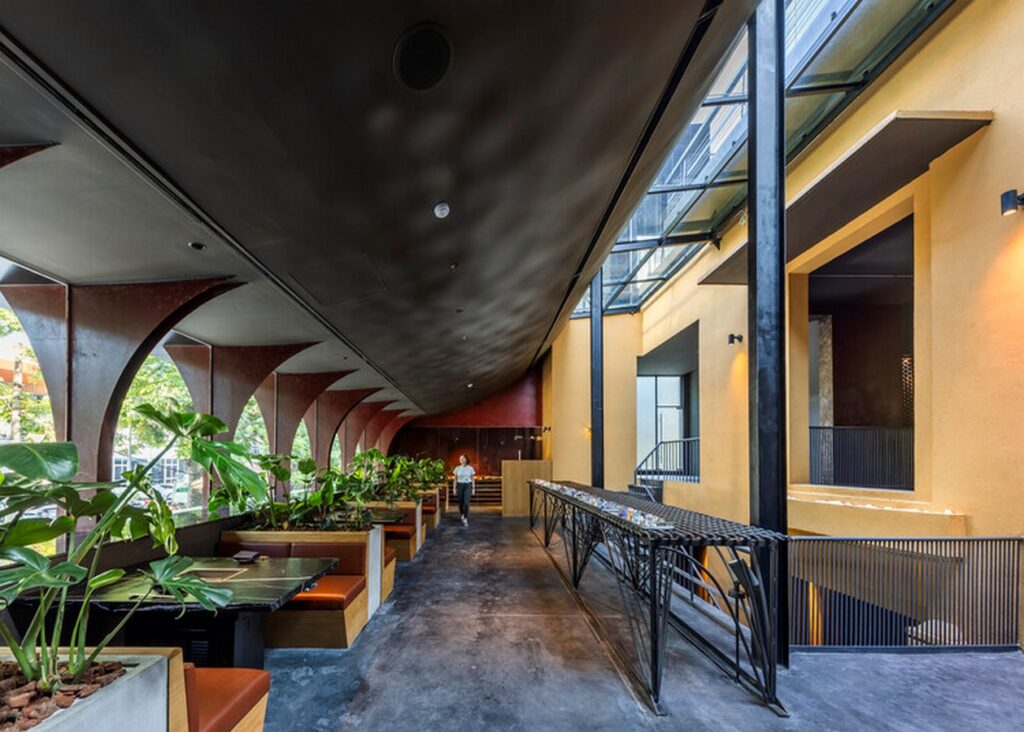
Iron as a Medium: Bridging Past and Present
Central to the design concept was the versatile use of iron, a material that symbolizes both strength and transformation. By incorporating iron elements throughout the restaurant, including cast iron, iron oxide pigment (Bengala), and wrought iron screens, the architects aimed to craft a space where the interplay between iron and its surroundings tells a captivating story of tradition and modernity.
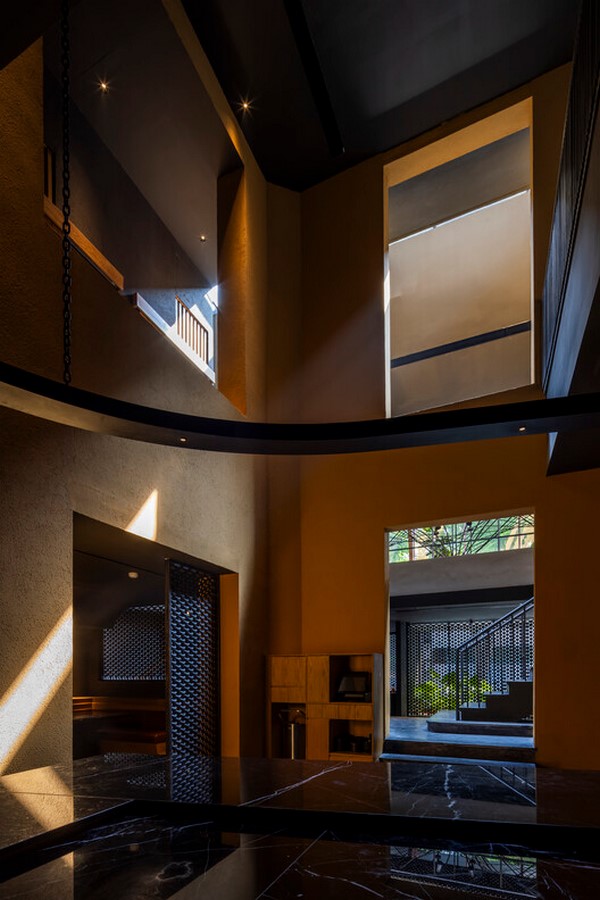
Contextualizing History: Navigating Hanoi’s Architectural Landscape
Situated within a historic French colonial villa, the Yazawa Hanoi Restaurant pays homage to its surroundings while embracing a vision of contemporary design. The juxtaposition of old and new, characterized by cream-colored exteriors and iron accents, creates a visually striking contrast that reflects the dynamic nature of Hanoi’s urban fabric.
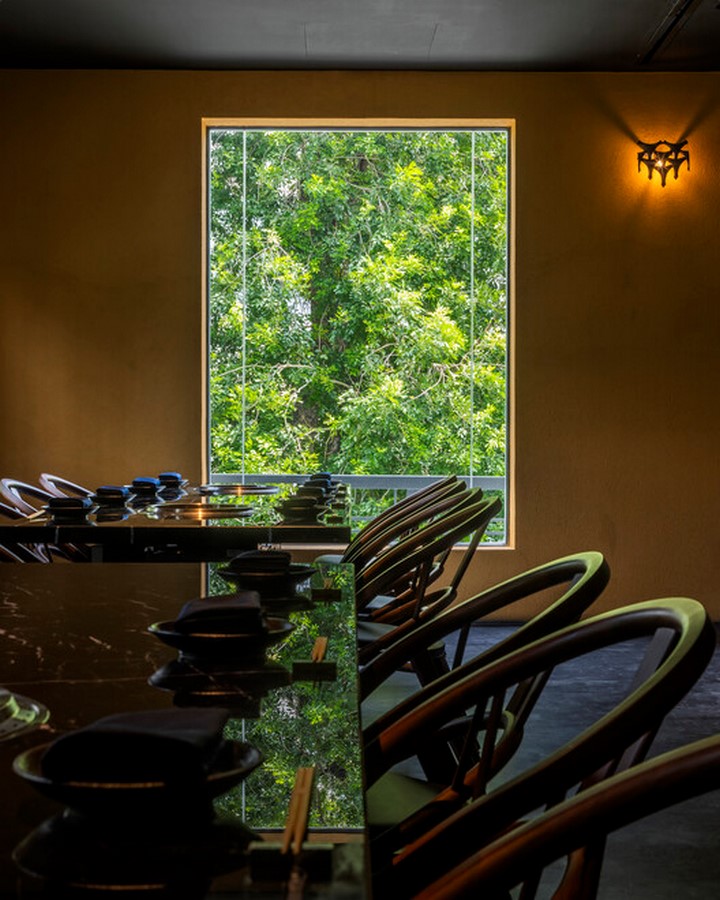
Interactive Spatial Design: Engaging the Senses
At the heart of the restaurant lies an open kitchen, where chefs showcase their culinary prowess amidst a backdrop of iron-clad architecture. From the main dining area to private dining spaces, guests are invited to navigate a landscape of diverse spatial experiences, where iron screens and decorative elements play a key role in defining intimacy and ambiance.
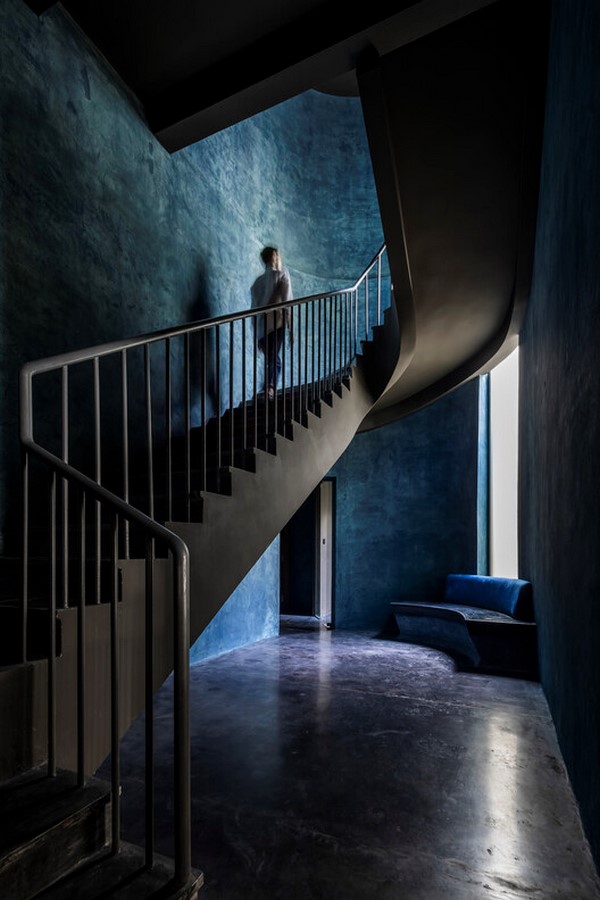
Craftsmanship and Identity: The Art of Ironwork
Drawing inspiration from traditional Vietnamese architectural motifs, the architects crafted bespoke iron screens adorned with the restaurant’s emblem. These intricate pieces serve multiple functions, from lighting fixtures to tabletops, infusing each scene with a sense of identity and narrative.
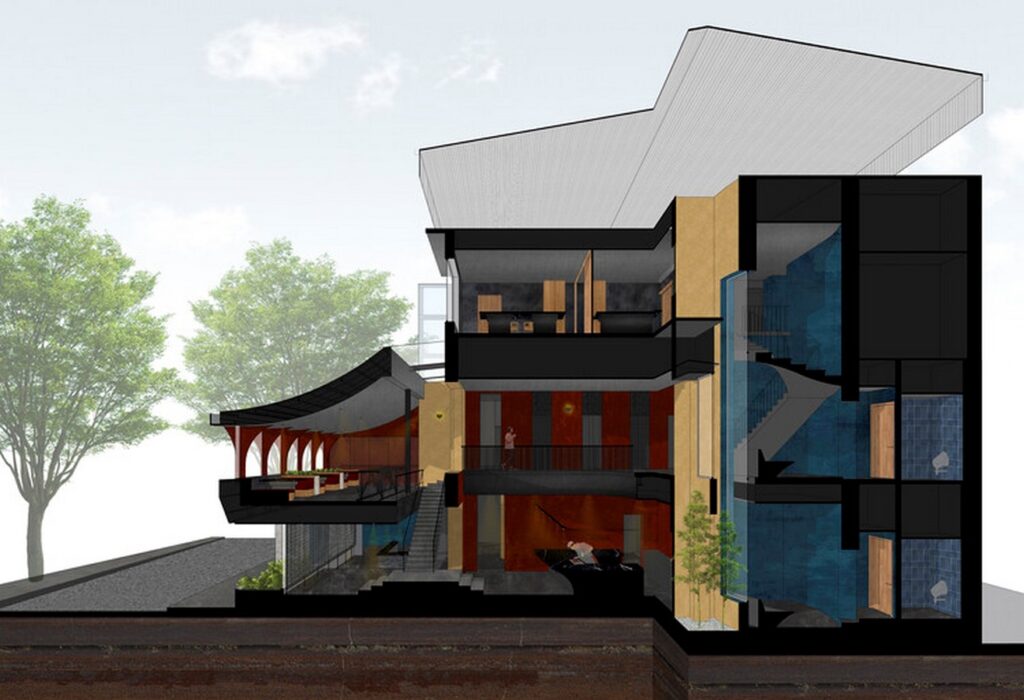
Color and Texture: Elevating the Dining Experience
Bengala and Indigo, natural pigments with deep cultural significance, adorn the walls of the restaurant, creating a dynamic interplay of color and texture. From the warm hues of Bengala to the vivid blues of Indigo, each surface tells a story, guiding guests on a sensory journey through the space.
Iron in the Details: Enhancing Spatial Depth
Both inside and out, iron elements abound, from steel frames to railings and balustrades. These meticulously crafted details not only serve functional purposes but also contribute to the rich tapestry of iron landscapes that define the restaurant’s aesthetic identity.
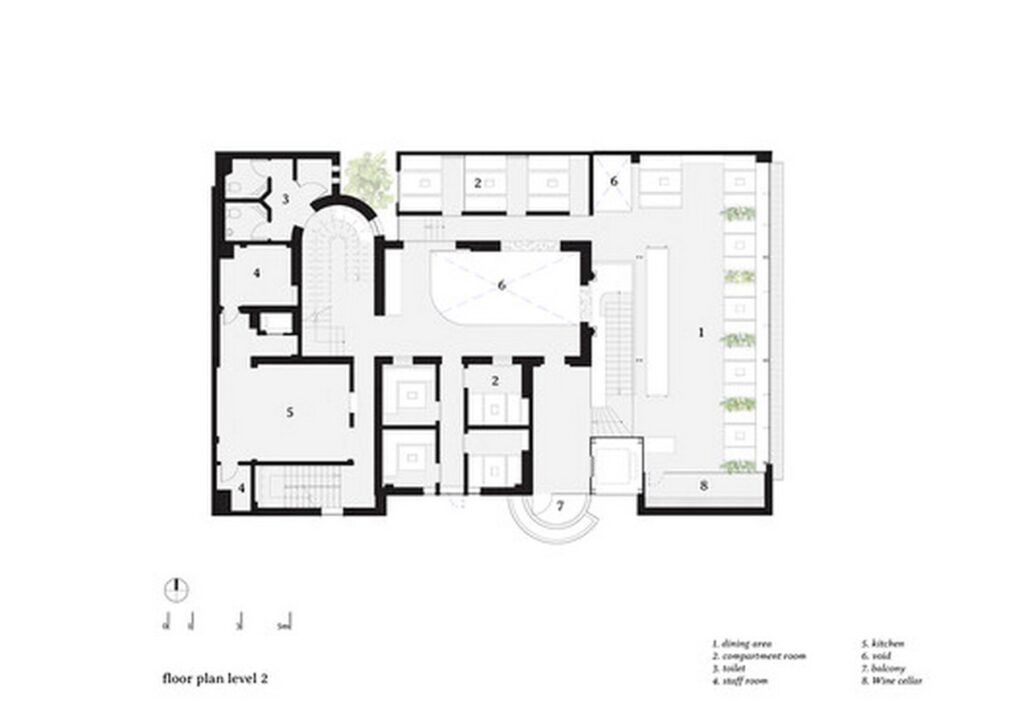
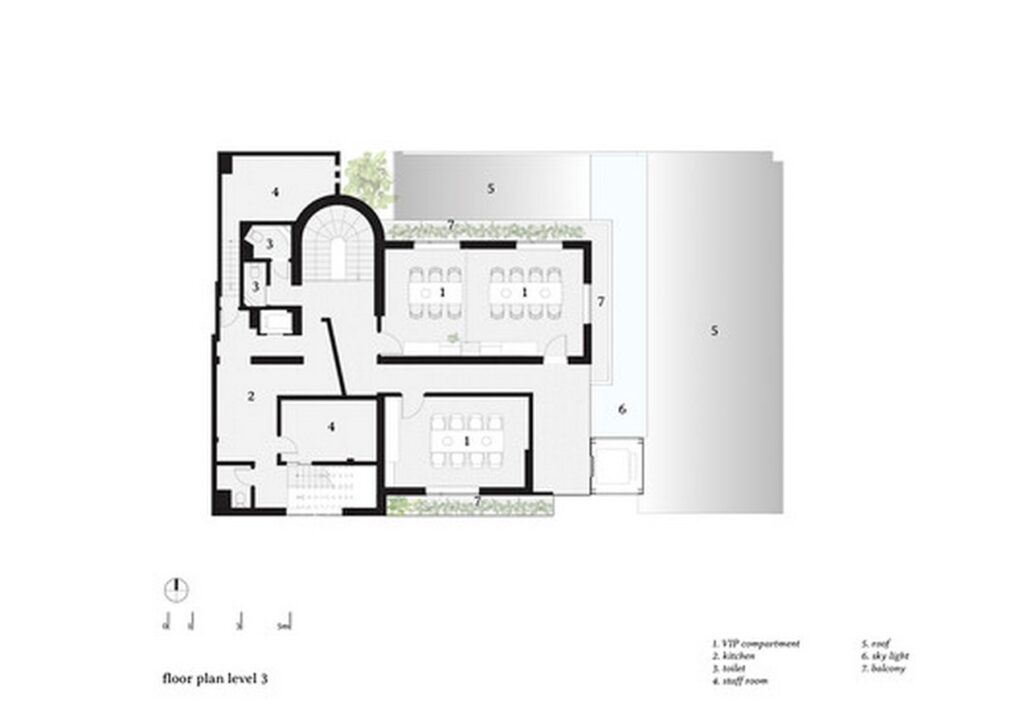
Conclusion: A Journey Through Iron and Culinary Delights
In reimagining the Yazawa Yakiniku experience in Hanoi, Takashi Niwa Architects have created more than just a restaurant – they have crafted a multi-dimensional sensory experience that celebrates tradition, innovation, and the timeless allure of iron. As guests embark on their culinary journey, they are invited to immerse themselves in a world where the past and present converge, leaving indelible memories forged in iron and flame.


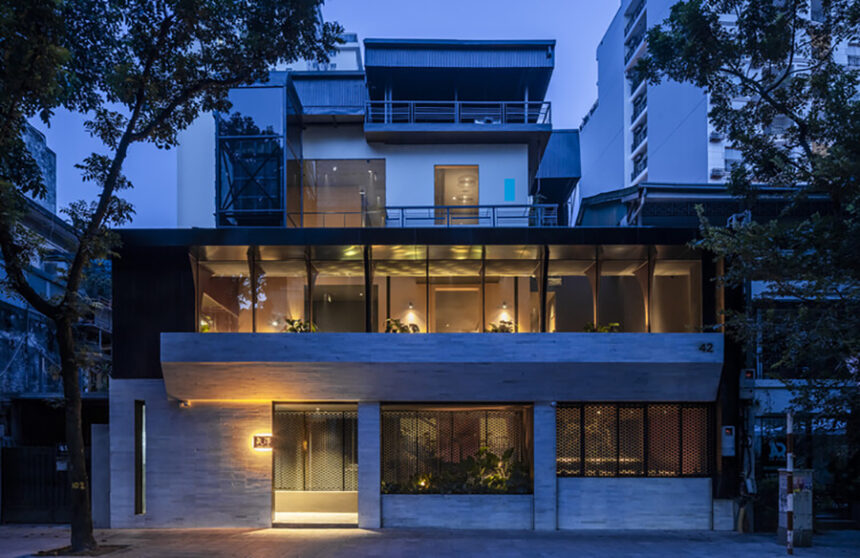
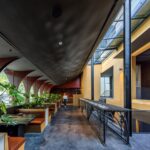
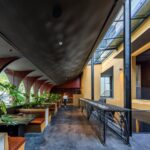
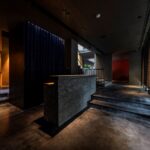
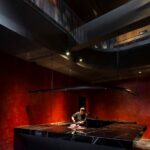
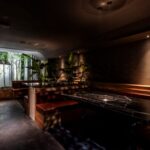
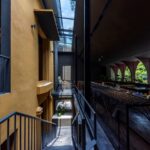
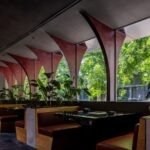
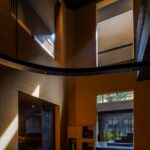
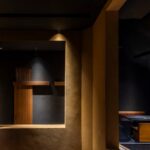
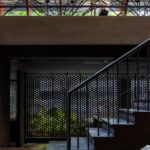

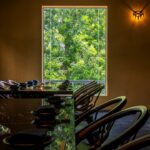


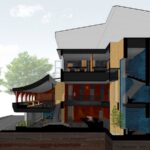
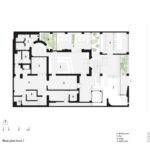
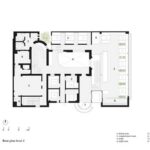
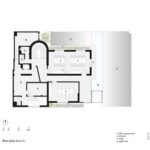
Leave a Reply